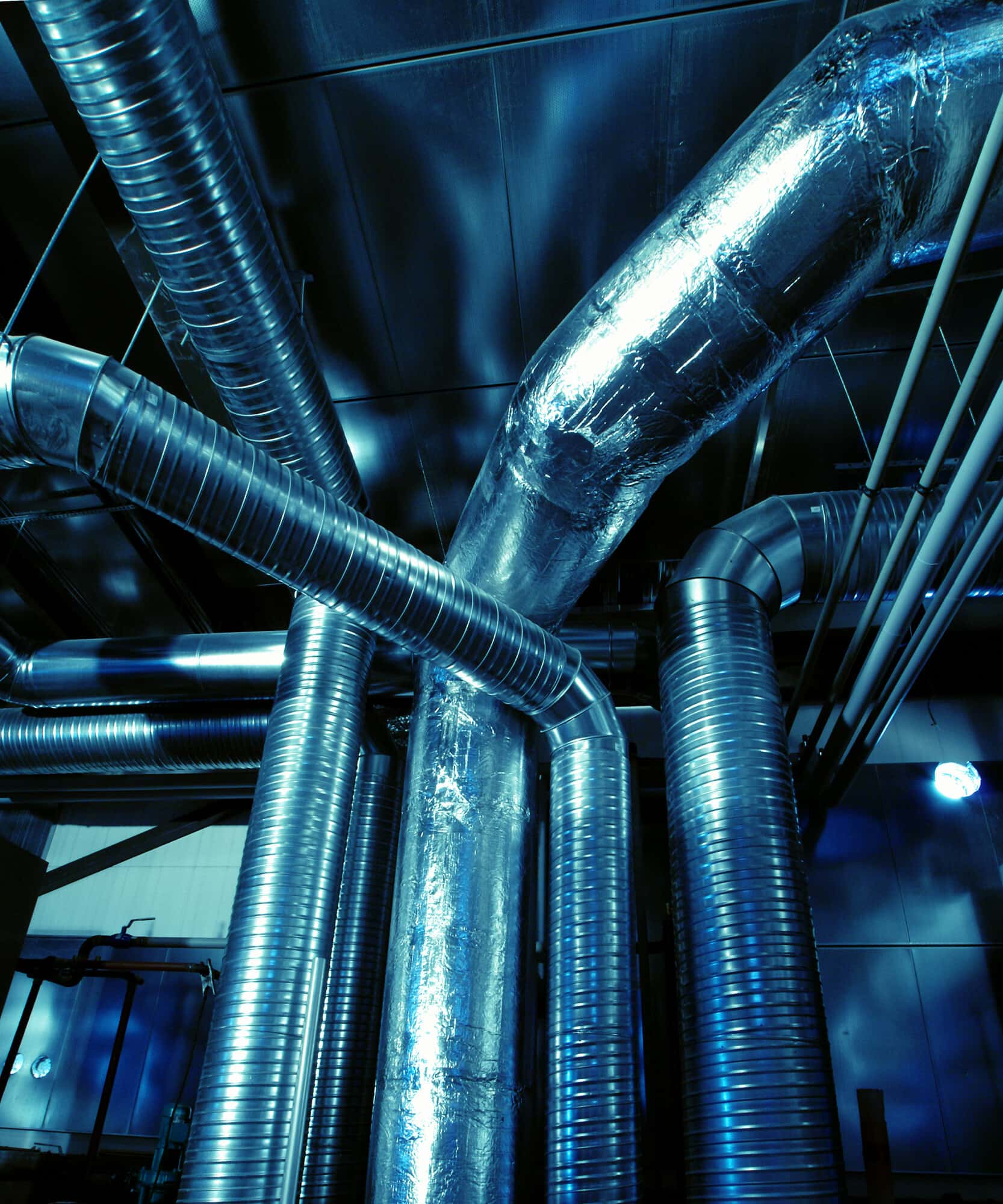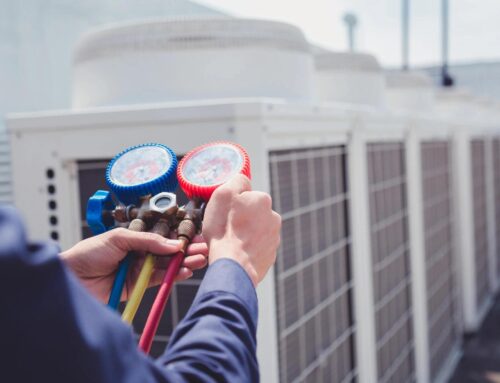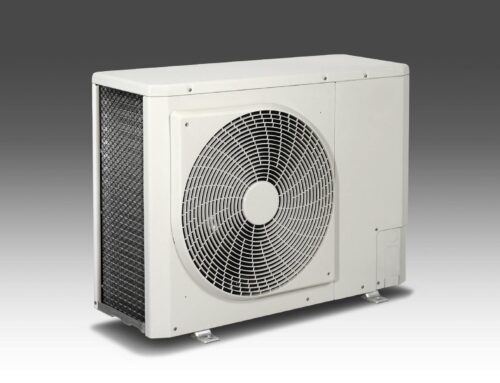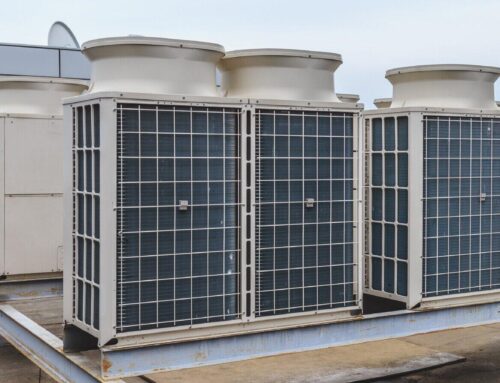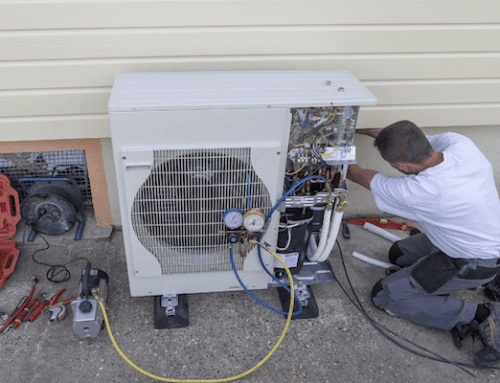It gives you clean, pollutant-free air. It keeps the temperature comfortable in any weather. And it ensures you get proper oxygen ventilation.
Today, we’re talking about HVAC systems. Most people know that HVAC stands for Heating, Ventilation, and Air Conditioning. But how does an HVAC system work in the first place?
An HVAC system isn’t just one component, it’s several. These components work together to provide comfort and convenience to any home. In this HVAC system guide, we’ll discuss how it all works and where you can go for a new HVAC system.
What Is an HVAC System?
As mentioned above, an HVAC system is not one single entity. It’s an amalgamation of systems that all focus on one thing: air control and quality.
An HVAC system can include one, several, or all of the following:
- Air conditioner
- Heating system (such as a furnace)
- Ventilation ductwork
- Filter system
How Does an HVAC System Work?
In essence, an HVAC system is all about moving air from one place to another. Usually, this means removing heat from your home to the outside–or cooling the existing air. An HVAC system ensures this treated air remains within the system and the home.
For example, an air conditioner will pull in hot air. It runs this hot air over its coolant pipes. Once the AC detects that the air is at an acceptable temperature, it passes the air through the ductwork.
From here, your thermostats direct the cooled air to different rooms. Ventilation in the ceiling ensures that the air stays in movement and keeps it below a certain temperature. It pumps excess hot air out and keeps it out.
HVAC System Cost
HVAC systems are all different. Your HVAC system will vary from the one your neighbor has since your home has unique needs. Plus, you may choose to go with less-common systems (such as heat pumps) that may incur more cost than competing options.
On average, you can expect to spend between $5,000 and $10,000 dollars on a new HVAC system. Again, if you go for all the bells and whistles, that will add to the cost.
Perhaps the most significant deciding factor for cost is the efficiency rating. If you pay for the highest efficiency coolers or heaters, that will incur the highest upfront cost.
However, efficiency is crucial in the long run. A home that has a high-efficiency air conditioner, for example, will cost less to run over time. You may find that the upfront cost is small compared to the lifelong energy savings.
Find an HVAC Technician in Your Area
How does an HVAC system work? It manages the air in your home, distributing it where it belongs. It can cool or heat the air as necessary to provide comfort to your home’s interior.
When it comes to getting a new HVAC system, you want to be sure you’re hiring an expert. Contact Sewell Electric & HVAC if you decide to fix or upgrade your HVAC system.

